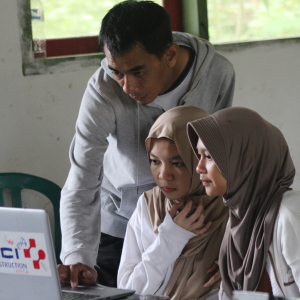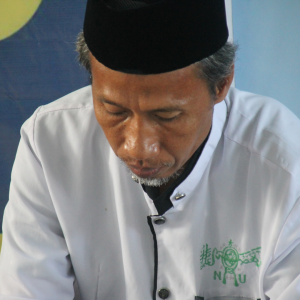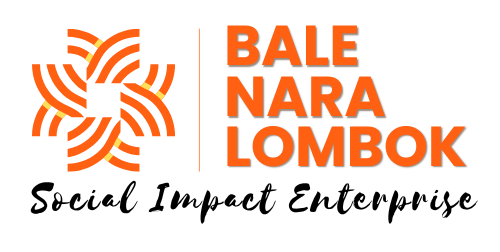Bridging Tradition and Technology: The Role of Digital Literacy in Lombok’s Islamic Boarding Schools
In the lush, culturally rich island of Lombok, Indonesia, Islamic boarding schools, or pesantren, serve as pillars of spiritual and academic education. Rooted in tradition, they prioritize Quranic memorization and Islamic jurisprudence (fiqh), shaping generations with strong moral and spiritual foundations. However, in an increasingly digital world, these institutions face a crucial question: How can they uphold their cherished traditions while preparing their students for a technology-driven future?
Pesantren in Lombok, much like their counterparts across Indonesia, have been slow to embrace digital literacy. This reluctance stems from various factors, including a deep-rooted focus on religious studies, limited resources, and skepticism about modernization. For many, digital tools are perceived as a Western influence that could potentially disrupt cultural and religious practices. Conservative communities often fear exposure to “un-Islamic” content online, leading to resistance against adopting digital platforms. The concerns are not unfounded but highlight the challenge of balancing tradition with progress.

Gender Norms and Access to Technology
In Lombok, gender norms further complicate the integration of digital literacy. While boys are often encouraged to pursue education and careers, girls face cultural barriers that limit their access to technology and digital education. The perception that technological skills are unnecessary for women reinforces these inequalities, depriving female students of opportunities to thrive in a digital economy. Many pesantren leaders, particularly older generations, are unfamiliar with technology and view it as a threat to the authenticity of Islamic education. Their skepticism often stems from a desire to preserve the unique identity of pesantren as centers of Islamic learning. On the other hand, younger teachers and students are more open to digital skills, recognizing their potential to enhance educational and economic opportunities. However, without leadership support, their enthusiasm remains constrained. Economic factors also play a significant role. Limited budgets and infrastructure gaps make it difficult for pesantren to invest in technology. In rural Lombok, where resources are already stretched thin, prioritizing digital literacy often takes a backseat to immediate needs like food and shelter for students.

A Path Forward: Cultural Integration and Community Support
Despite these challenges, the integration of digital literacy into pesantren is not an insurmountable task. Success lies in culturally sensitive approaches that align digital tools with Islamic values. For instance, technology can be used to enhance dakwah (Islamic preaching) or support community welfare initiatives, framing it as a tool for strengthening, not eroding, religious principles. Religious leaders, or Tuan Guru, play a pivotal role in shaping community attitudes. Their endorsement of digital literacy programs can significantly influence acceptance within pesantren. Collaborative efforts that involve these leaders, educators, and students can help address fears and misunderstandings about modernization. Gender-responsive training programs can empower female students, showcasing how technology can support traditional roles while opening new avenues for contribution. Highlighting success stories of women in technology can inspire change within the community. Incorporating elements of Sasak culture, such as communal values and adat (customary practices), into digital literacy initiatives can help bridge the gap between tradition and technology. By emphasizing collective benefits, such as community development and economic growth, digital tools can be positioned as assets rather than threats.

Preserving Identity While Embracing Change
The journey toward integrating digital literacy into Lombok’s pesantren is one of balance—preserving the authenticity and spiritual focus of these institutions while equipping students with the skills needed for a modern world. By engaging religious leaders, addressing gender norms, and respecting cultural values, Lombok’s pesantren can become models of how tradition and technology can coexist harmoniously. In a rapidly evolving global landscape, this harmonious integration is not just an opportunity but a necessity. The future of Lombok’s youth, and their ability to navigate the digital age, depends on it.
Your contribution can help bridge the gap between tradition and progress for pesantren students in Lombok. By donating funds, you enable us to purchase second-hand laptops, supporting digital literacy while preserving the cultural and spiritual values that define their education.
SUPPORT THIS CAUSE TODAY:
https://balenara.id/product/laptop-donation/.
Author: Fuad Andhika Rahman

